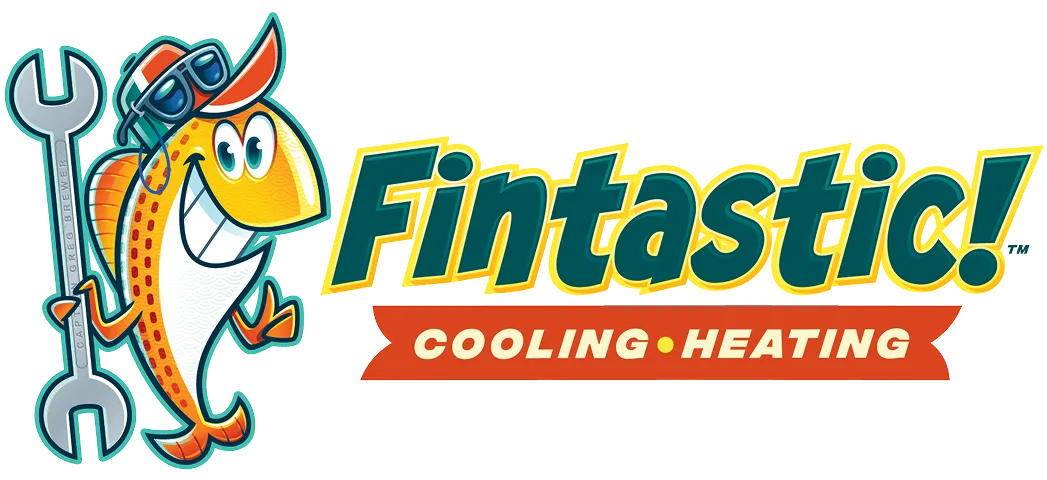Heat Pump Services in Friendswood, TX
Heat pumps are a practical, energy-efficient choice for Friendswood, TX homes where long, humid summers and mild winters make both cooling and modest heating needs important. Professional heat pump services ensure safe operation, maximum efficiency, and reliable comfort year round. This page explains the types of heat pump services available in Friendswood, common local issues, how systems are sized and installed, what a seasonal maintenance plan covers, typical repairs and diagnostics, and how warranties and financing often work for heat pump projects.
.jpg)
Heat Pump Services in Friendswood, TX
Friendswood sits in a humid subtropical climate with high cooling demand, high indoor humidity, and occasional coastal air that can affect outdoor equipment. Heat pumps provide efficient cooling during long summer seasons and effective heating during mild winters, typically delivering lower operating costs compared with electric resistance heating. Ductless mini-split options also offer targeted comfort and dehumidification for older homes without existing ductwork.
Types of heat pump services offered
- Air-source heat pump consultations and installations - central systems that connect to ductwork common in newer and renovated homes.
- Ductless mini-split heat pump consultations and installations - ideal for zones, additions, garages, and homes without ducts.
- Load calculations and proper sizing using industry-standard Manual J and Manual S methods.
- Professional installation and commissioning with airflow balancing and refrigerant charge verification.
- Seasonal maintenance and tune-up plans to protect performance and warranties.
- Diagnostics and common repairs, including refrigerant, electrical, and mechanical services.
- Energy savings analysis and advice on available federal and regional incentives.
- Guidance on manufacturer warranty coverage and financing options for equipment and installation.
Common heat pump issues in Friendswood and why they occur
- Reduced cooling capacity and poor dehumidification from dirty coils, clogged filters, or low refrigerant caused by leaks.
- Short cycling caused by improper sizing or airflow problems, reducing efficiency and increasing wear.
- Corrosion and accelerated wear on outdoor units near coastal air and humidity if not maintained.
- Frozen coils during high humidity or insufficient airflow, often from restricted return vents or fan issues.
- Electrical failures like capacitor or contactor problems worsened by frequent starts and high summer use.
Understanding these local risk factors helps prioritize maintenance tasks that protect system life and comfort.
Load calculations and proper sizing
Accurate sizing is critical. A professional uses Manual J load calculations to determine cooling and heating requirements for your Friendswood home, accounting for:
- local climate data and humidity,
- home orientation and insulation levels,
- window types and solar heat gain,
- occupancy and internal loads like appliances.
Oversized systems cost more up front, cycle frequently, and struggle to remove humidity. Undersized systems run continuously and may not maintain comfort. Proper sizing leads to the right balance of efficiency, dehumidification, and comfort.
Installation and commissioning process
Proper installation is as important as equipment selection:
- Site assessment and system selection based on load calculations and home layout.
- Ductwork evaluation or ductless placement planning to optimize airflow and zoning.
- Professional installation following manufacturer guidelines: precise refrigerant charge, secure refrigerant lines, correct electrical connections, and proper condenser mounting to resist local humidity and debris.
- Commissioning checks include airflow measurement, temperature split testing, refrigerant pressure verification, electrical amp checks, and thermostat programming.
- Final documentation of settings and warranty registration when applicable. Good commissioning prevents premature failure and preserves manufacturer warranties.
Seasonal maintenance and tune-up plans
Routine maintenance preserves efficiency and reliability, especially in Friendswood where peak cooling loads are heavy:
- Biannual tune-ups: spring for cooling, fall for heat operation checks.
- Filter inspection and replacement or recommendations for high-efficiency media filters.
- Outdoor coil cleaning and condensate drain clearing to prevent mold and water damage.
- Refrigerant leak inspection and charge verification.
- Electrical component testing: capacitors, contactors, and motors.
- Blower and duct inspection, including sealing or balancing recommendations to improve airflow.
A planned maintenance agreement typically documents visits, priority scheduling, and inspection checklists to keep systems running and warranty-compliant.
Common repairs and professional diagnostics
Typical repairs include:
- Refrigerant leak detection and repair followed by accurate recharging.
- Compressor replacement or motor repairs caused by age or electrical stress.
- Capacitor and contactor replacement to restore reliable starting and operation.
- Fan motor repairs or replacement for indoor or outdoor units.
- Defrost control and reversing valve repairs to correct heating or frost problems.
Diagnostics rely on temperature split checks, refrigerant pressure readings, amp draw measurement, and airflow testing. Effective diagnostics isolate root causes to prevent repeat failures.
Energy savings and rebate options
Heat pumps are rated by SEER for cooling efficiency and HSPF for heating performance. Higher-rated systems deliver lower operating costs during Friendswood summers and mild winters. Eligible incentives can significantly reduce net cost:
- Federal energy tax credits on qualifying high-efficiency heat pumps may be available depending on current programs.
- Regional or utility rebate programs in the Houston-Galveston area can offset upgrades to higher efficiency equipment or duct improvements.
Energy analysis as part of the service can estimate seasonal savings and identify whether upgrades like variable-speed compressors or zoning would deliver meaningful year-over-year savings.
Warranty and financing overview
- Manufacturer warranties commonly cover key components for a limited term, often 5 to 10 years on parts for modern systems; labor warranties vary by installer and may be offered separately.
- Proper installation and routine maintenance are typically required to keep warranties valid.
- Financing options often include payment plans, energy-efficient loan programs, and sometimes community financing alternatives where available. Eligibility and terms depend on credit and local program availability.
Final considerations and maintenance advice
Choosing the right heat pump solution for a Friendswood home means balancing efficiency, dehumidification, and system longevity in a humid coastal-influenced climate. Prioritize accurate load calculations, professional installation and commissioning, and a regular maintenance plan to prevent common issues like refrigerant leaks, corrosion, and airflow problems. Upgrading to higher SEER/HSPF equipment or ductless zoning can improve year-round comfort while reducing utility bills. Regular tune-ups and timely repairs keep systems running efficiently and help protect warranty coverage and overall investment.
Customer Testimonials
Our customers praise our exceptional service and attention to detail, consistently exceeding expectations.































































